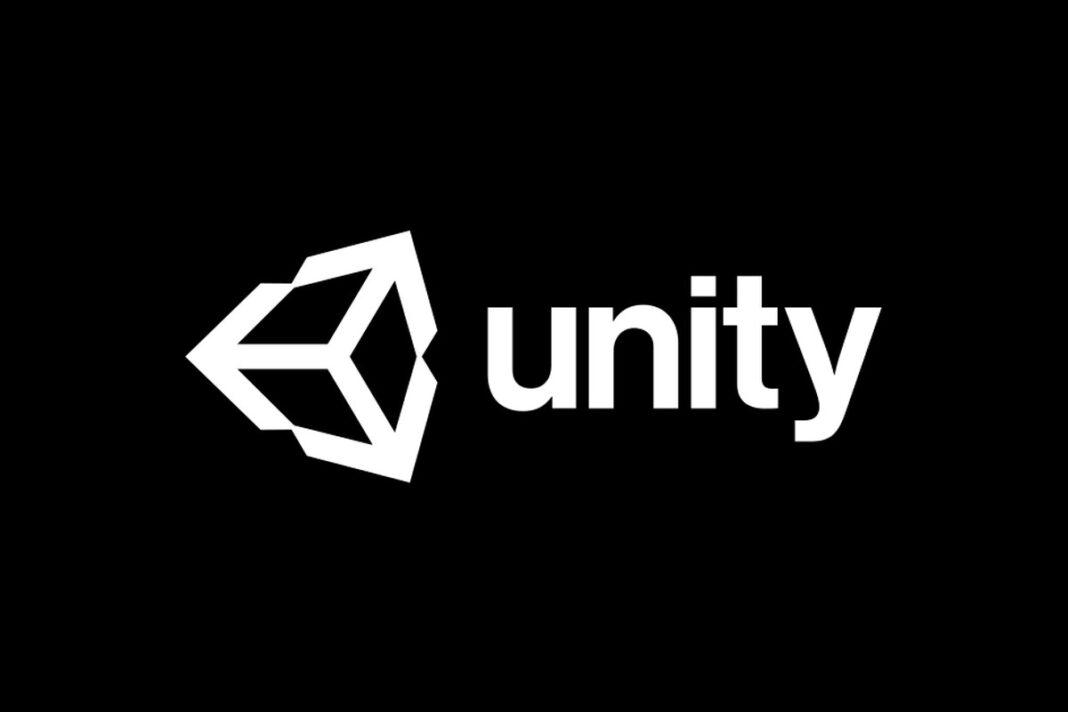Danskstiftede Unity lancerer i dag en række nye AI-produkter og tjenester, heriblandt Unity Cloud, der skal hjælpe udviklere med at forbinde og organisere indhold. Samtidig åbner Unity for betaversionen af visionOS, der nu giver udviklere mulighed for at lave indhold til Apples kommende VR-headset Vision Pro.
Unity annoncerer i forbindelse med udviklerkonferencen Unite 2023 en række nye produkter og opdateringer, der skal gøre det nemmere for udviklere at lave spil og apps på tværs af platforme og enheder.
En af de nye platforme, som mange udviklere har i kikkerten, er Apples Vision Pro-headset. Tidligere i år annoncerede Unity platformssupport til Apple Vision Pro på Apple Worldwide Developers Conference (WWDC) med introduktionen af PolySpatial.
Siden har udviklere fra 145 lande givet feedback i en lukket betaperiode, og nu åbner Unity for sit visionOS-betaprogram, så udviklere kan begynde at bygge en ny generation af apps til Apples kommende Vision Pro-briller.
Ny cloud og AI-værktøjer
Blandt nyhederne fra Unite 2023 er Unity Cloud, der skal styrke integrationen og arbejdsgange mellem Unitys forskellige værktøjer. Samtidig løfter Unity sløret for den næste store softwareopdatering Unity 6, der med styrket ydeevne, avanceret grafik og mere AI-support skal give udviklere bedre mulighed for at skabe visuelle oplevelser og spil på tværs af enheder.
“Vi ønsker at hjælpe udviklere med at bygge fantastiske spil og indhold. Det centrale i vores arbejde er deres feedback. I Unity 6 betyder det, at vi fokuserer på forbedringer af ydeevne og workflow. I AI betyder det, at vi arbejder på at sikre, at de har værktøjer til at bygge mere, hurtigere,” siger Marc Whitten, President Create hos Unity. “
Unity NYSEU , the world’s leading platform for creating and growing real-time 3D RT3D content, unveiled a slate of new AI innovations and platform updates to better support how game developers realize their vision and run successful games at its annual developer conference, Unite. This includes early access availability to Unity Muse, a suite of AI-powered features to simplify content creation; a first look at Unity 6, Unity’s next major software release coming in 2024 (formerly known as 2023 LTS ; and the announcement of Unity Cloud, a platform of connected products and services to help developers organize content across projects and pipelines.
Earlier this year, Unity announced the launch of AI-powered platforms Unity Muse and Unity Sentis in closed beta. Today, Unity Muse is launching in early access, offering an ever-expanding suite of features that aims to simplify content creation:
- Muse Chat to source answers and resources across Unity and to get usable code
- Muse Sprite to generate 2D sprites and multiple variations
- Muse Texture to generate high-quality 2D and 3D ready textures
Sprite and Texture are powered by a custom-built deep learning model trained entirely on data and images that Unity owns or has licensed. This ensures the datasets do not contain any people, logos, or recognizable artistic styles.
Unity Muse is available for $30/month as a standalone product, and subscribers will also get priority access to upcoming features in pre-release, such as Muse Animate, which allows developers to set characters in motion without code; Muse Behavior, which lets developers set up character interactions; and Muse Sketch, a 3D canvas for rapid prototyping and team collaboration. For more information on Unity Muse, visit http://unity.com/products/muse.
While Unity Muse helps improve developers’ workflows, Unity Sentis enables developers to bring complex AI data models into the Unity Runtime to help solve complicated tasks and create new functionality in a game using AI models. Now in open beta, Unity Sentis will be launched in general availability with Unity 6 in 2024.
Unity 6 is Unity’s next major software release coming in 2024. Unity 6 aims to deliver advanced visuals with substantial performance enhancements, accelerated multiplayer game creation and scale, and the ability to help developers push the boundaries of what’s possible with more AI support, next-level mobile features, and innovative VR device support. Unity 6 will push the visual quality scale to create larger, richer worlds as efficiently as possible. To learn more about Unity 6, visit the Unity Blog.
“We are here to help developers build amazing games and find success,” says Marc Whitten, President Create, Unity. “Central to our work is their feedback. They tell us where we are helping them and they tell us when there is more work to do. In Unity 6, this means focusing on performance and workflow improvements. In AI, it means working to make sure they have tools to build more, faster. We want to be a true partner, addressing our creators’ needs at any point of their game development lifecycle.”
Additionally, Unity introduced Unity Cloud, which is a new set of connected tools that support how developers work together, organizing content across projects and pipelines and bringing order to the complexities of the development lifecycle. Now in early access, Unity Cloud offers new capabilities for collaboration, asset management, and team administration. Integrations between Asset Manager, Version Control, and the Unity Editor
(or other engines) ease content workflows between teams and across the development lifecycle. All Unity Personal, Pro, Enterprise and Industry subscribers will now have access to Unity Cloud. To learn more, visit https://unity.com/products/unity-cloud.
Earlier this year, Unity announced platform support for Apple Vision Pro at Apple’s Worldwide Developers Conference WWDC with the introduction of PolySpatial. Since then, we’ve had developers from 145 countries participate and provide feedback during the closed beta period. Starting today, Unity is opening up its visionOS beta program that includes access to Unity PolySpatial to all Unity Pro, Enterprise, and Industry subscribers*, enabling creators to build a new generation of spatial applications for Apple Vision Pro using Unity’s Editor and Runtime. To learn more, visit http://unity.com/spatial.
To learn more about the announcements made at Unite 2023, please visit the Unity Blog.















